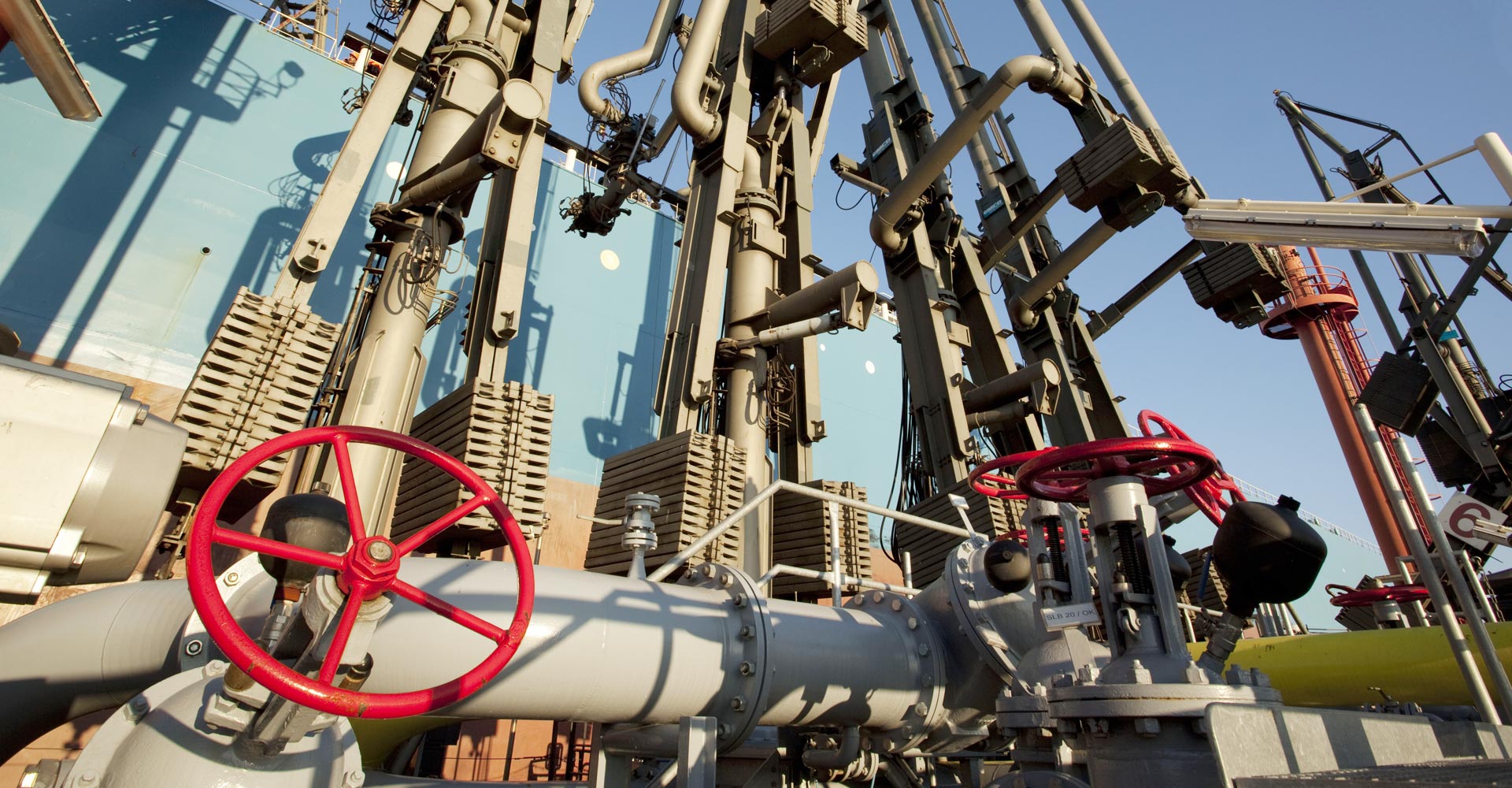Petroleum & Petroleum Products
Petroleum is a liquid distillation product obtained from mineral raw materials such as crude oil and coal. It consists of saturated chain and cyclic hydrocarbons as well as cyclic hydrocarbons with aromatic double bond systems. In addition to these paraffinic, naphthenic and aromatic constituents, petroleum also includes alkenes, also called olefins, and fluctuating small amounts of sulfur and nitrogen-containing as well as organic compounds.
In common parlance, petroleum products are mostly understood to be fossil fuels such as gasoline, diesel fuel, jet fuel, bunker fuel and heating oil, and lubricants, as this is what petroleum has mostly been used for since industrialization. In addition, mineral oils include highly refined medical white oils. They are so elaborately refined that they practically consist only of alkenes and cycloalkanes, i.e. saturated hydrocarbons, and are used for medical as well as cosmetic applications.
The residue of the rectification of petroleum is asphalt, which is either fed into cracking processes for the production of ethylene (ethylene cracker), for example, or is used for road surfacing.
For quality assurance in Germany, petroleum products are subject to special DIN standards, which are developed by producers, users and authorities on the Mineral Oil and Fuel Standards Committee (FAM – Fachausschuss für Mineralöl- und Brennstoffnormung) of the Deutsches Institut für Normung (DIN), and form the basis of government regulations such as the Tenth Regulation for the Implementation of the Federal Emissions Control Act (10. BImSchV), the ordinance on the composition and labelling of fuel oil grades.
Status: December 2015
All information subject to change. Errors and omissions excepted.

